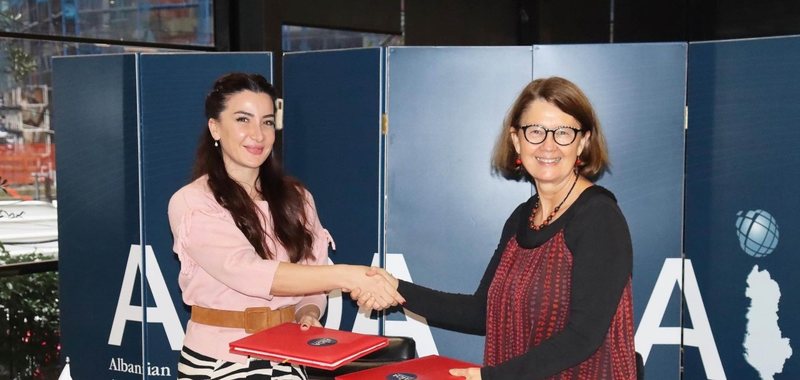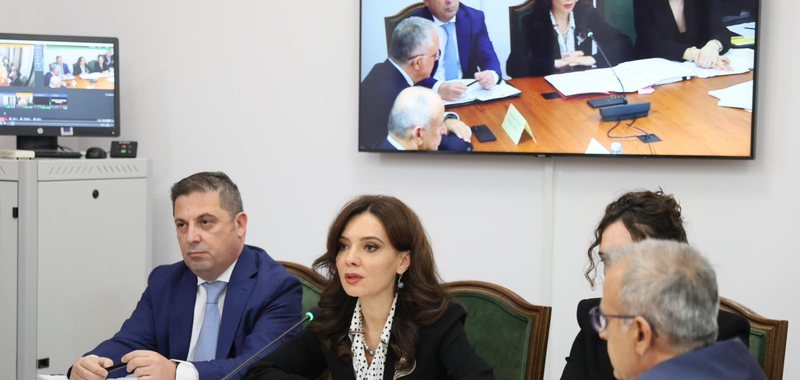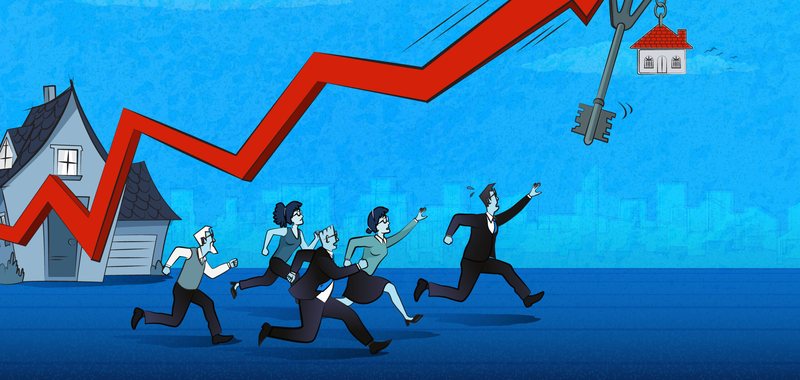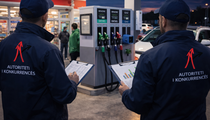"Earth will warm by 2.8 degrees by 2100" - UN report: Countries far from meeting climate targets

The Earth risks warming by 2.8 degrees Celsius by the end of the century unless additional measures are taken to reduce greenhouse gas emissions, according to the Annual Emissions Gap Report 2025, published by the United Nations Environment Programme (UNEP). The document analyses the gap between the current global emissions flow and the level needed to meet international climate targets.
Ten years after the adoption of the Paris Agreement, the report says the pact has played a key role in reducing global temperature projections and boosting renewable energy. However, countries' slow progress in reducing emissions makes it possible to exceed the 1.5 degrees Celsius limit above pre-industrial levels, possibly within this decade.
Under the agreement, countries must submit nationally determined contributions every five years, which set out plans for reducing emissions and adapting to climate change.
As of September 30, 2025, only 64 signatory countries, representing 63% of global emissions, had submitted or announced plans with targets for 2035. Only 13 countries, accounting for less than 1% of global emissions, had updated their targets. The report also highlights a large implementation gap: most countries are not on track to meet even the 2030 targets, let alone those for 2035.
If all contributions were fully implemented, the global average temperature would rise by 2.3 to 2.5 degrees Celsius by the end of the century, a slight improvement over last year’s forecast of 2.6–2.8 degrees. But if current policies remain in place, warming will reach 2.8 degrees, slightly less than the 3.1 degrees previously predicted.
Full implementation of all measures by 2035 would reduce emissions by 12%–15% compared to 2019 levels. If the United States were to stay out of the Paris Agreement, the figure would shrink to 9%–11%. The numbers remain far from the targets: a 35% reduction would limit warming to 2 degrees Celsius, while a 55% reduction would keep it within the 1.5 degrees Celsius limit.

A new agreement for the sustainable development of enterprises in Albania!
Today, AIDA and the International Labor Organization (ILO) signed a cooperation agreement to institutionalize the SCORE program – which aims to increase......

Discussions on the 2026 budget, Spiropali: Revitalization and strengthening of economic diplomacy
In 2026, the process of Albania's integration into the EU will enter its decisive chapter. This was stated by Minister Elisa Spiropali from the Parliamentary......

Urban revitalization in the city of Vlora - ADF, 150 million lek investment for infrastructure
The Albanian Development Fund has announced the opening of the competition for investments in the infrastructure of markets, commercial spaces,......

Rent bills, a burden for consumers/ Lead the price increase in October. Inflation estimated at 2.3%
In October 2025, the Consumer Price Index reached 120.3, compared to the December 2020 base. According to official data, annual inflation was recorded at......

Germany's trade surplus in free fall - Reaches lowest level since October last year
Germany's trade surplus shrank further in September, reaching its lowest level since October 2024, as stronger-than-expected growth in imports outweighed......

Firefighting aircraft, armament, infrastructure and technology - Ministry of Defense increases capacities, 59 billion lek investments in 2026
With a total budget of around 59 billion lek, the Ministry of Defense is expected to carry out a series of important investments for 2026. In the ground......

"Pensions, promote the second and third pillars" - Minxhozi: The Bank of Albania recommends reviewing the scheme's parameters
In conditions where the deficit of the social and health insurance scheme continues to be a considerable burden on the state budget, the Bank of Albania......

What does the draft budget foresee for floods? - 2.7 billion lek for river and embankment protection projects
Investments in flood protection infrastructure are projected to reach 2.7 billion lek by 2028, but which projects will receive interventions? So far, around......


















